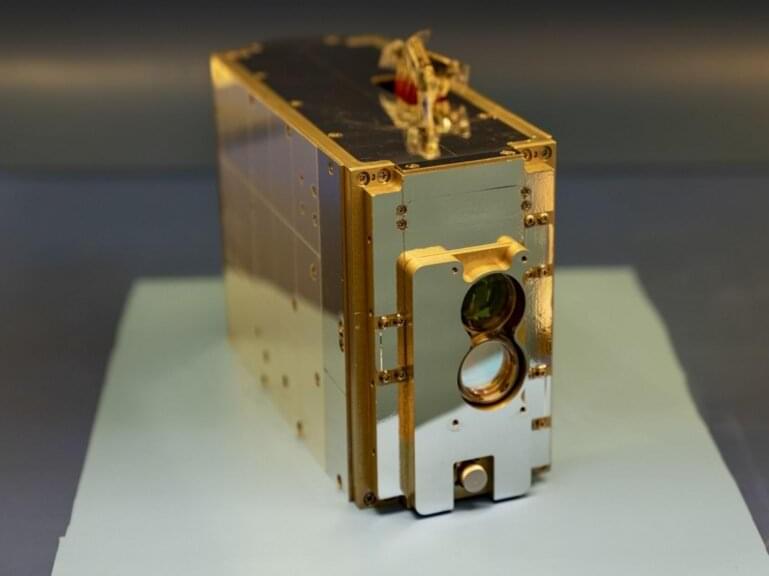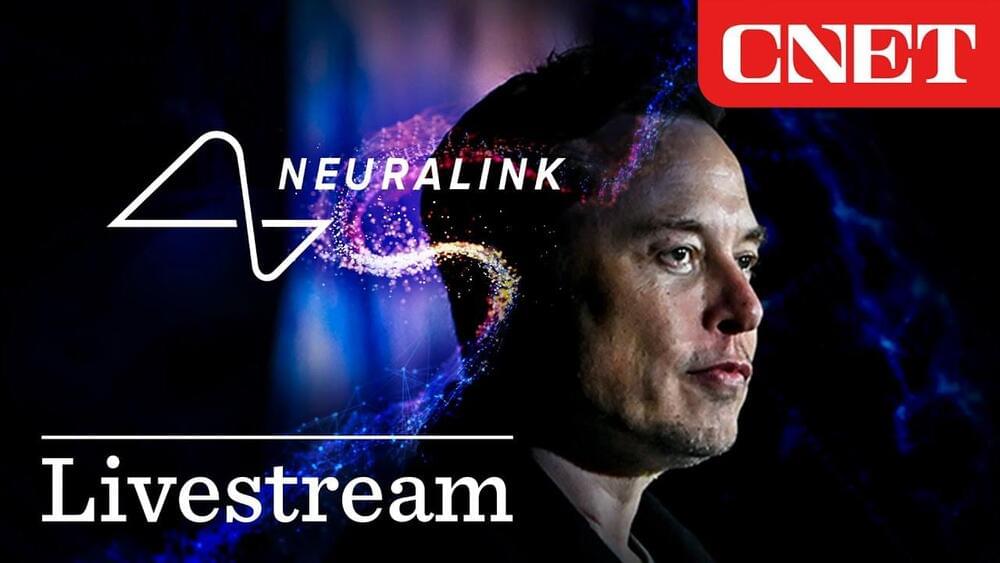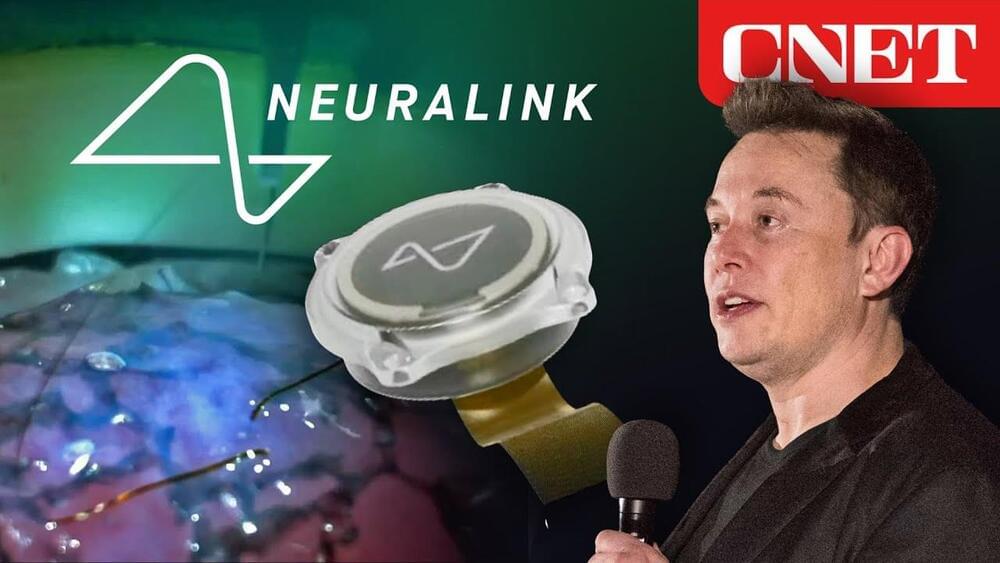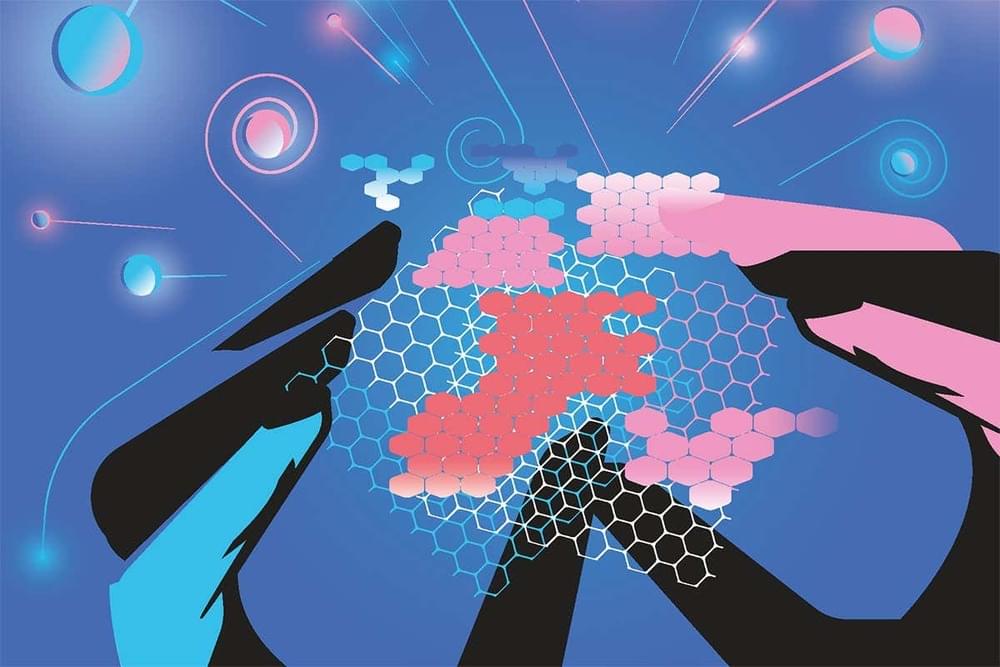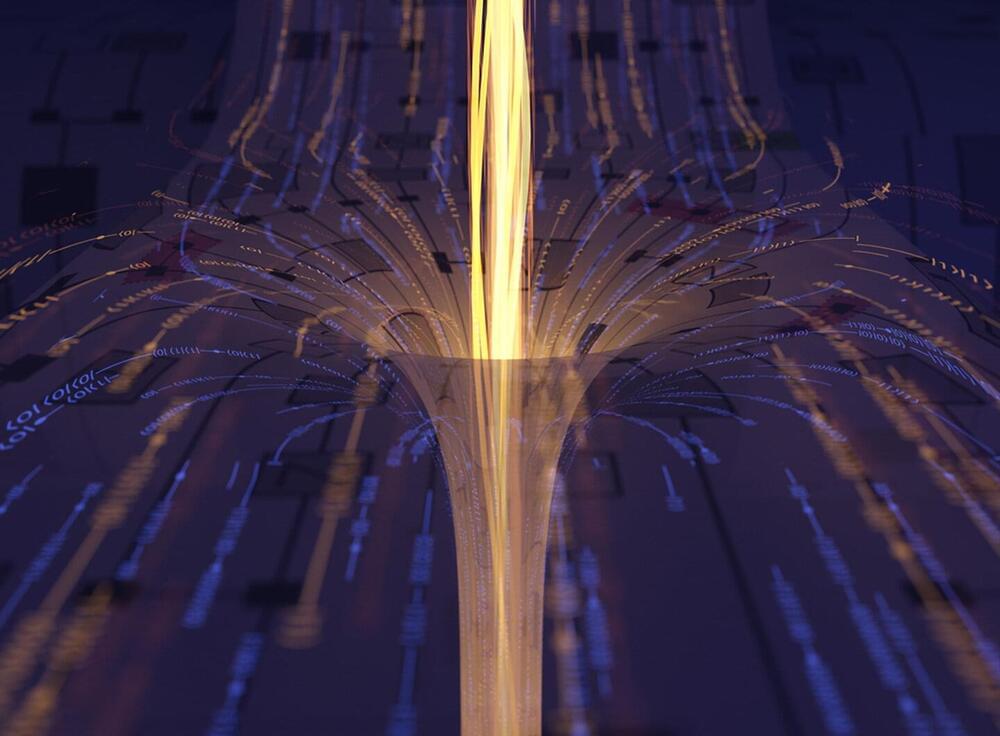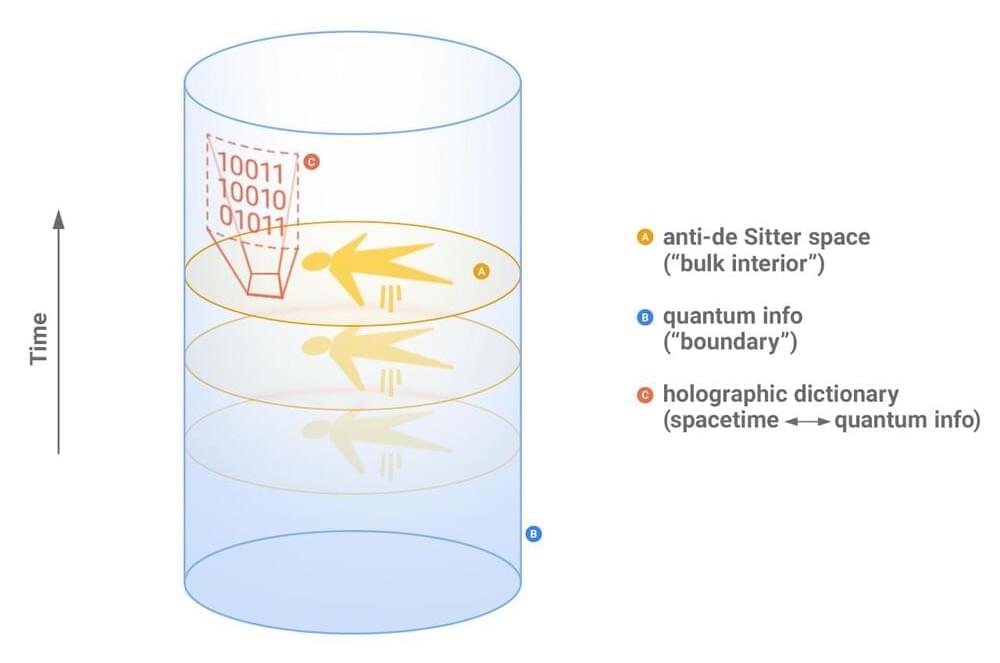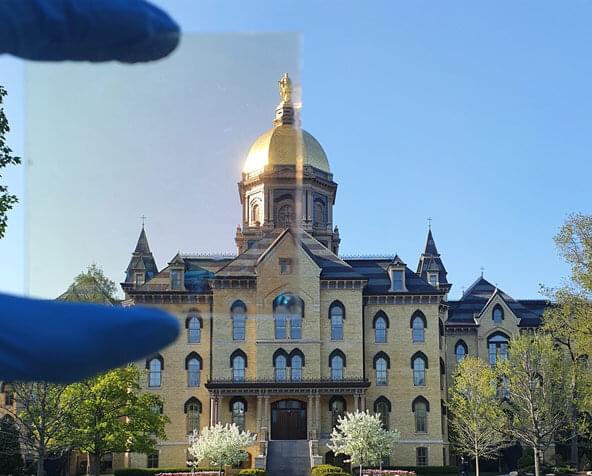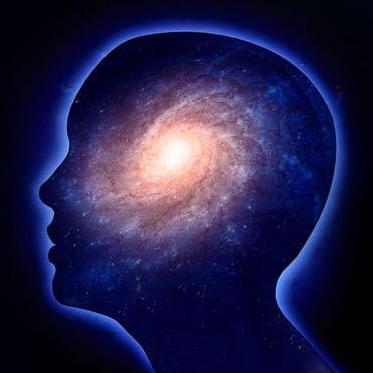Dec 1, 2022
Communications system achieves fastest laser link from space yet
Posted by Shubham Ghosh Roy in categories: computing, internet, space
In May 2022, the TeraByte InfraRed Delivery (TBIRD) payload onboard a small CubeSat satellite was launched into orbit 300 miles above Earth’s surface. Since then, TBIRD has delivered terabytes of data at record-breaking rates of up to 100 gigabits per second—100 times faster than the fastest internet speeds in most cities—via an optical communication link to a ground-based receiver in California.
This data rate is more than 1,000 times higher than that of the radio-frequency links traditionally used for satellite communication and the highest ever achieved by a laser link from space to ground. And these record-setting speeds were all made possible by a communications payload roughly the size of a tissue box.
MIT Lincoln Laboratory conceptualized the TBIRD mission in 2014 as a means of providing unprecedented capability to science missions at low cost. Science instruments in space today routinely generate more data than can be returned to Earth over typical space-to-ground communications links. With small, low-cost space and ground terminals, TBIRD can enable scientists from around the world to fully take advantage of laser communications to downlink all the data they could ever dream of.
